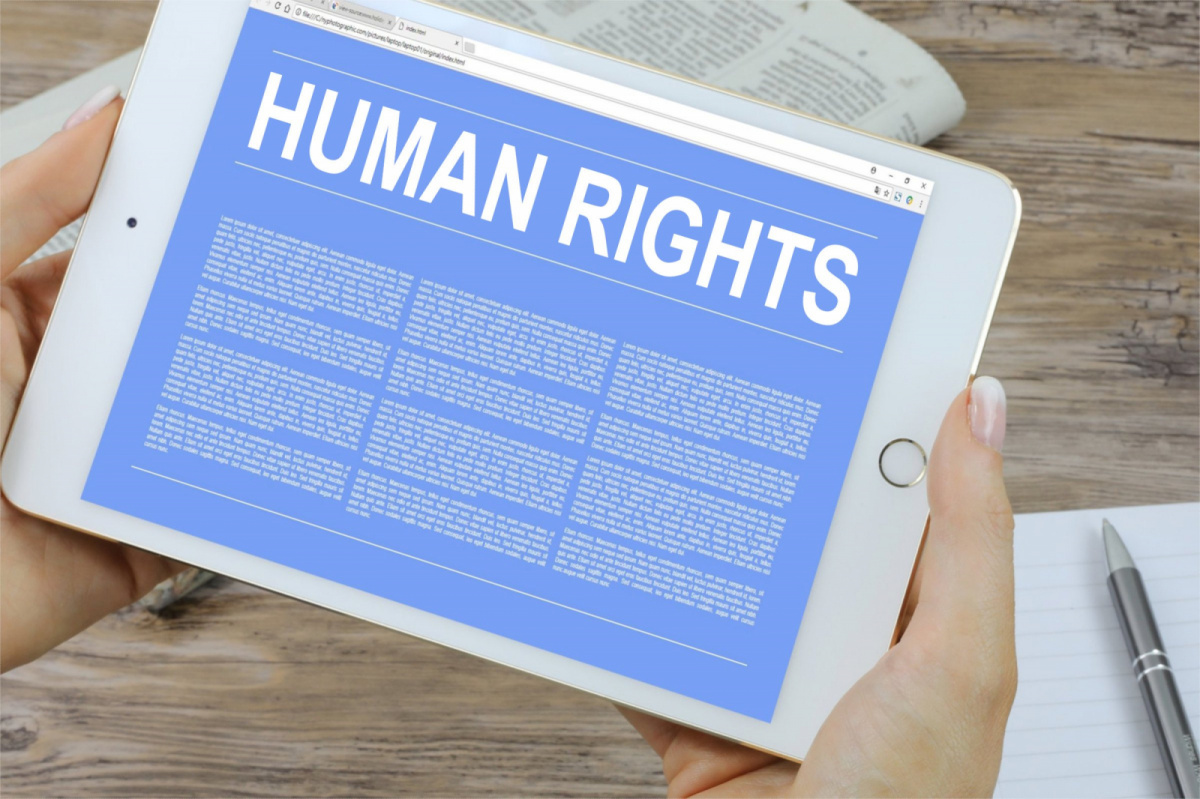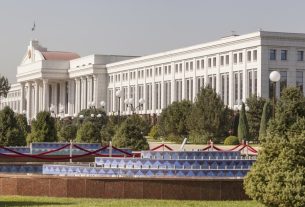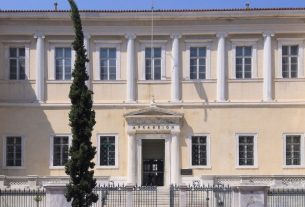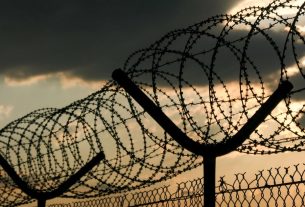The United Nations has issued a stark warning about entrenched racism against Africans and people of African descent within criminal justice systems worldwide, calling it a violation of international human rights standards. The findings, published by the UN International Independent Expert Mechanism to Advance Racial Justice and Equality in Law Enforcement, highlight discriminatory practices rooted in the legacies of slavery, colonialism, and segregation.
The report documents racial bias at every stage of the justice process—from initial police contact to post-conviction treatment. People of African descent are disproportionately subjected to excessive force, racial profiling, pre-trial detention, and the use of less-lethal weapons. Women and children are particularly vulnerable, facing elevated risks of incarceration and abuse.
During trials, violations include coerced confessions, suppression of exculpatory evidence, and inadequate legal representation, contributing to higher rates of wrongful convictions. Post-trial discrimination affects sentencing, prison conditions, access to rehabilitation, and appeal opportunities.
UN experts emphasized that these patterns are driven by racial stereotypes that criminalize African identity and influence institutional behavior. They urged governments to adopt a human rights-based approach and implement 12 key reforms, including eliminating racial profiling, collecting disaggregated data, ensuring equal access to justice, and promoting alternatives to incarceration.
The report also calls for renewed commitment to the Durban Declaration and Programme of Action, and specifically urges countries like Suriname and Belgium to reassess policies contributing to systemic racism. UN Secretary-General António Guterres recently echoed these concerns, advocating for a global declaration affirming the rights of people of African descent.
Excerpts from jurist.org article by Salma Ben Mariem | Faculty of Law and Political Science of Sousse, TN



